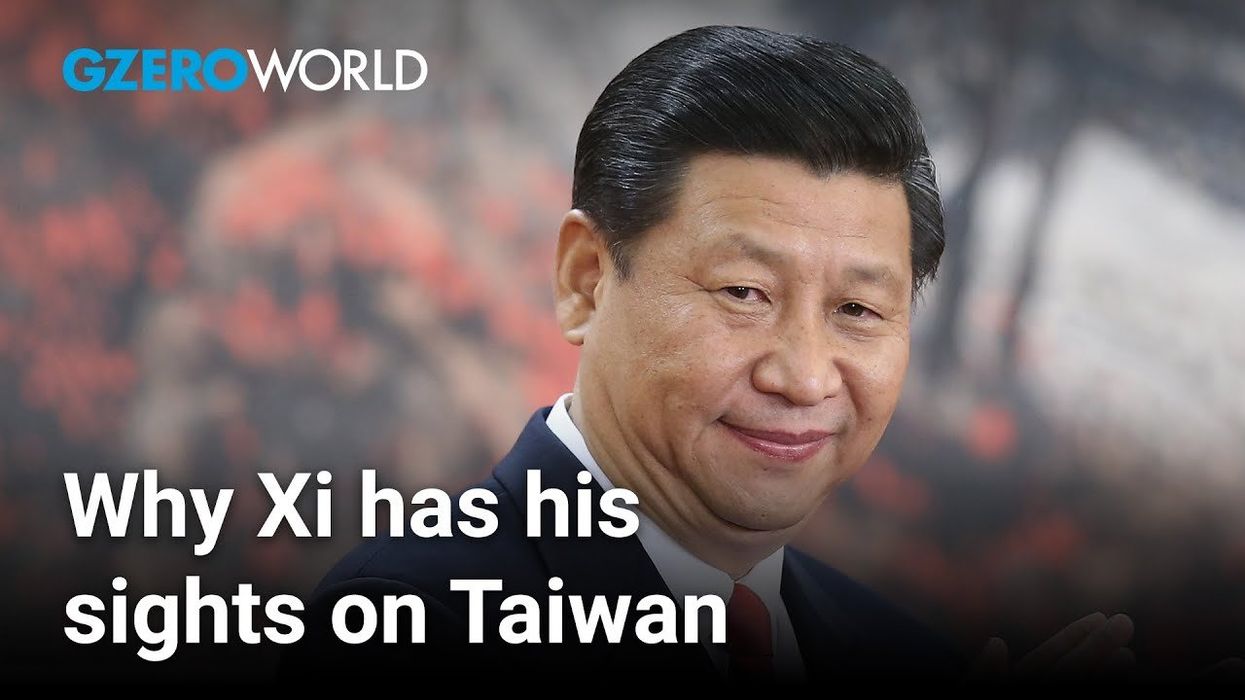GZERO World Clips
Xi Jinping's solution to his "Taiwan problem"
In this digital extra of our upcoming edition of GZERO World with Ian Bremmer, New York Times national security correspondent David Sanger discusses how Xi Jinping intends to solve his "Taiwan" problem before leaving office and why the semiconductor industry may be the only thing standing in the way of an island invasion.
Apr 24, 2024


